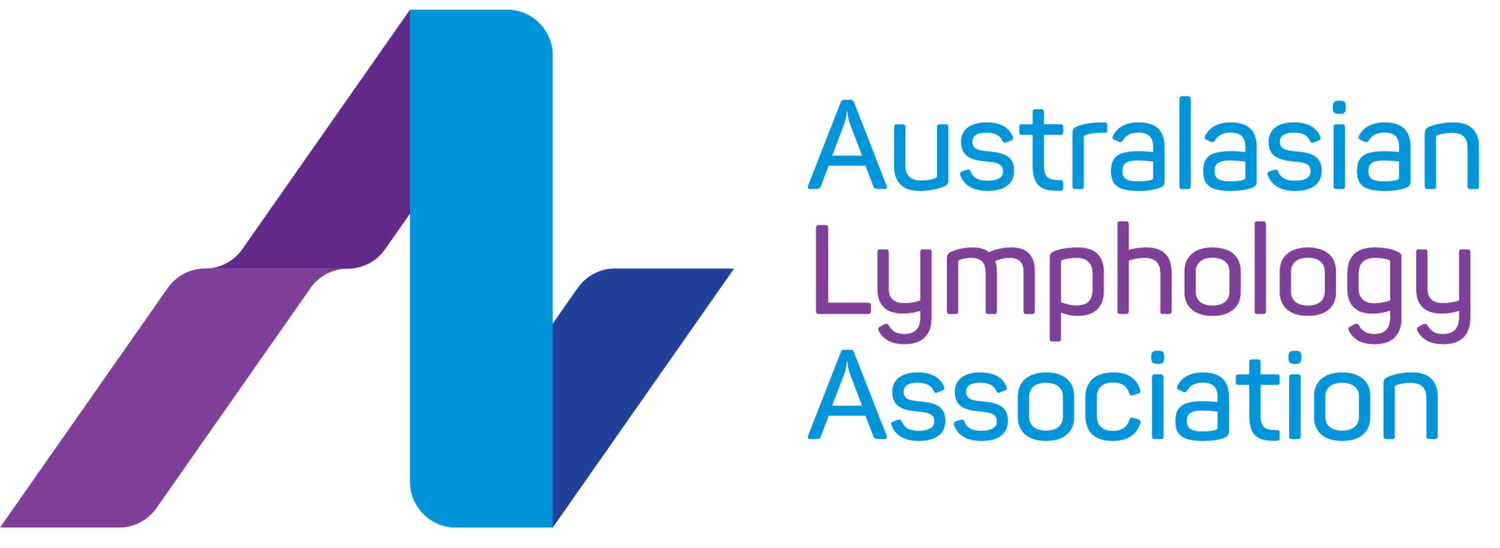
Call for abstract submissions
Submissions to present at the 16th Australasian Lymphology Association Conference are now closed.
You can view the submission portal instructions here.
You can view the 2026 call for abstract submissions guidelines here.
With the theme for 2026: ‘Innovating lymphatic science and improving tomorrow’s care’, the 16th ALA Conference Program will comprise of a variety of sessions including invited plenary speakers, oral presentations, poster presentations and pre-conference workshops.
Presentation Types
We welcome abstract submissions for the following presentation types:
Oral Presentation: Each accepted oral presentation will be allocated a 15 minute podium presentation
Poster Presentation: A formal graphic presentation of a topic (printed poster presentation). Dedicated times will be scheduled for presenters to be at their posters to discuss their work and receive feedback.
Workshop Presentation: There are a small number of pre- and post-conference workshop spots. These are longer form presentations with specific learning outcomes.
Submission Streams
We encourage abstract submissions across a range of themes and sub themes, including but not limited to the following:
| Assessment of lymphatic disorders and associated conditions | |||
| • Risk detection and reduction
• Imaging and diagnostics (including genetics)
• Obesity and concomitant disorders
• Venous issues impacting on the lymphatic system
• Paediatric and primary lymphoedema
• Psychosocial/quality of life and qualitative research
• Functionality assessment, management and improvement
• Lymphoedema other than limbs: H&N, torso, and genital oedema.
• Basic science and biology
• Wounds in the presence of chronic oedema
• Lymphoedema and ageing
|
|||
| Current and new management strategies for lymphatic disorders | |||
| • Medications and lymphatics/lymphoedema • Surgical and other options; including liposuction, anastomoses and LN transplant • Nutrition • Conservative compression treatments and activity • Infection identification and management • Treatment targeting and sequencing | |||
| Health service delivery | |||
| • Service development/gaps in practice • Service evaluation • Health economics • National and international policy, guidelines and/or initiatives • Innovative and promising approaches and technologies including Telemedicine and AI • Equitable access to services • Translational or implementation research | |||
| Patient-centred approach | |||
| • Educational initiatives (patient/practitioner and public) • Patient/carer/partner roles including self-management • The patient as individual • Outcome measures – measuring success or otherwise of treatment • Consumer engagement or co-design research • Body image and adjustment | |||
Abstract focus
Submissions should align with one of the following presentation styles:
Research abstract: Research abstracts report on formal, structured research projects. Where relevant, abstracts should include description of particular patient group, n, sample size calculation or justification, outcomes of interest, t iming of assessment and intervention, statistical or qualitative approach used in analysis, results including presentation of effect size, CI, p values, and clinical relevance.
Clinical practice abstract: These abstracts may address a clinical quality project and the research underpinning the practice change. Abstracts should include a description of the particular patient group involved, outcomes of interest, timing of assessment, and intervention developed/evaluated.
Case study abstract: Case study abstracts may address complex or unusual clinical cases. Abstracts should address diagnosis/presenting problem, intervention clearly described (including timing), key findings, results and/or implications.
Terms and conditions
Please click here to view and download the terms and conditions in relation to abstract submission for the 2026 ALA Conference.
